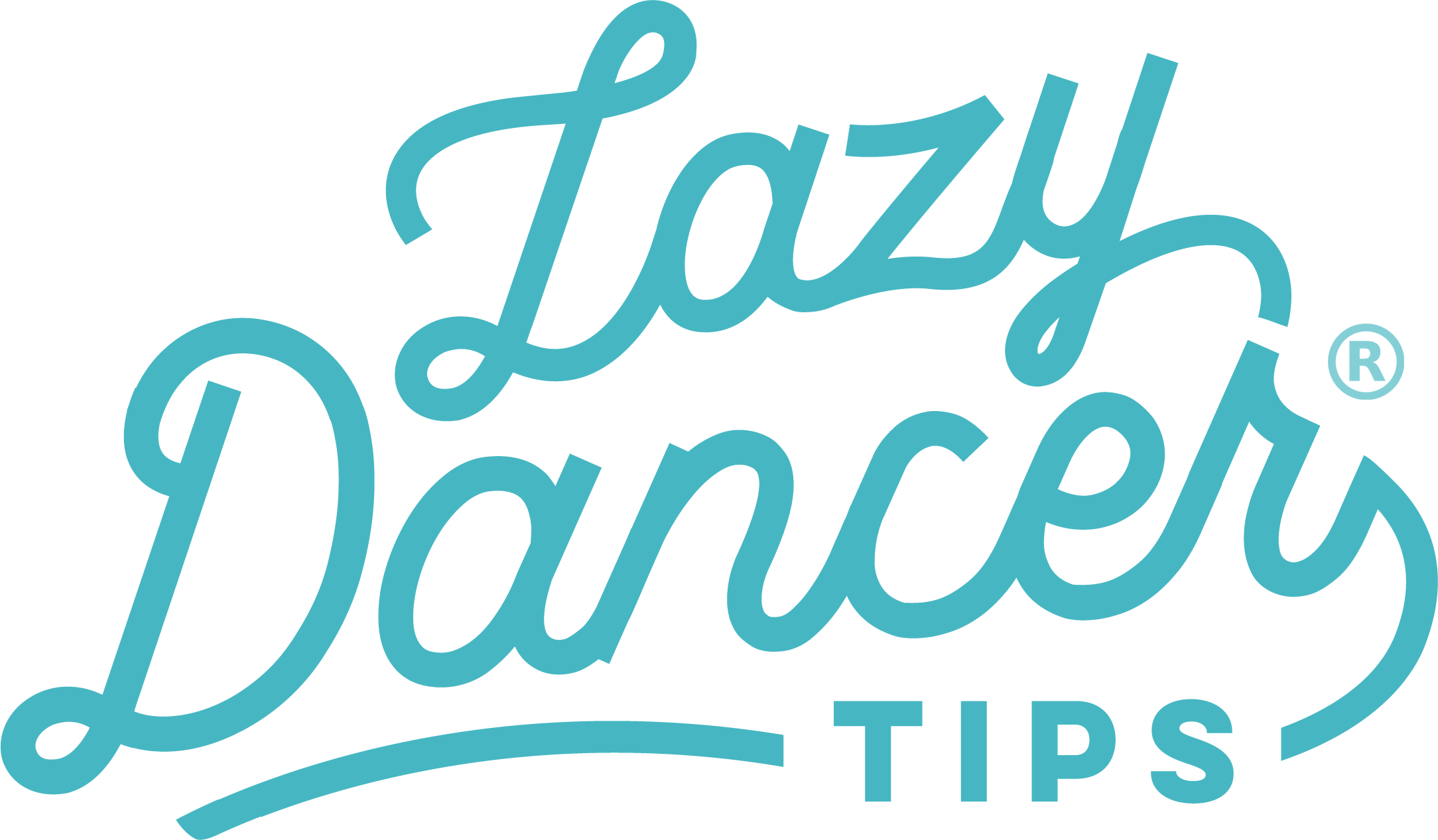How Long Does it Take to Become FLEXIBLE?
Is gaining Flexibility really supposed to take so long?
The short answer: Yes, but wait…
Here are some things to think about if you’re getting frustrated with your own flexibility:
Be Patient.
The body takes some persuasion. Getting the muscles and connecting tissues to get used to new activity takes time. Gaining flexibility is a slow process that demands a lot of commitment and tons of consistency. It’s not going to happen overnight. So, if you’re just starting a stretching routine, don’t expect to slide down into the splits after 5 minutes of light stretching.
On average, it’s recommended that we stretch 10-20 minutes every day (or every other day if you’re just starting). Each stretch needs to be held for roughly 20 seconds, so you can see how stretching both sides of the body equally racks up those minutes faster than you might expect. Add up the days, weeks, months- you’re going to see a massive improvement in hindsight. So, even though your progress may feel as slow as molasses in January, you are making progress every day. Be patient- it takes as long as it takes.Accept Limitations.
Many factors contribute to how flexible you are now, how flexible you have the potential to become, and (thanks to our specific anatomical limits) how flexible you may never get. There are some things we can control and improve upon, some things we can’t. At some point, we all have to make peace with that and embrace it. If you accept your anatomical limits, you’ll save yourself from injury. Simple as that.
We can’t control or change the shape of the head of the femur in the hip socket. But, we can work and stretch the muscles and connective tissues surrounding this area. So, stop beating yourself up over things like turnout and whether or not your middle splits are as flat as a pancake. We can’t change the shape of our skeletal structure. But, we can accept what our anatomical limitations are, and learn to work around the issue.
Be Consistent.
Just like with any other training or physical activity, consistency is key to seeing results. You must be consistent. Each time you work on flexibility, remember that every little bit counts. Be consistent and work with intention. Don’t reach down and touch your toes, pop up and say, “Ok, I’m good. That’s enough.” No ma’am (or sir). Hold each stretch for as long as it requires. Do something every day. Get in the habit of making your stretching routine part of your day. Consistency and persistence always pays off in the end.
Practice Safely.
Let’s say, your hamstrings are feeling tight and sore. So, you’ve selected a routine that focuses on the legs and hips. As you move through the exercises, the nerve receptors in your legs send specific signals to your brain when they’re fired. That signal gives us the “uncomfortable” feeling we all get when stretching. Sometimes we feel a tingling sensation as the nerves signal the brain, carrying messages to and from your hamstrings as you stretch. In response, the body declares, “I don’t really like this, but I know I’m not in any crucial danger.”
Those signals are how we know what are limitations are at that moment, they tell us to stop pushing at a certain point so we don’t get injured. The body is constantly protecting us from ourselves. It doesn’t want to get hurt, it signals us with feelings of discomfort or pain in an attempt to keep us safe. So, listen to it!
When working your way into a stretch always breathe into it, get plenty of oxygen circulating through the body to help out those muscles.
Feeling discomfort is normal, but feeling pain is NOT. Do not ever push to the point of pain!
All we’re looking for is that point of mild discomfort- never pain. Listen to your body and don’t push too hard too fast.
Be Proud of Your Progress.
Always remember, Progress is Progress, No Matter How Slow. It may feel slow going at first, but with each minute you put into it, you get one step closer to your goal. It takes as long as it takes. So, acknowledge each milestone. Be proud of every step forward. It will help you stay motivated with a positive outlook.
Have you got what it takes?
Extension requires the right guidance, and if you’re stuck and find yourself struggling to improve your extension, I’ve got the solution for you
Still Need Help?
If you find yourself feeling short of inspiration, remember you can download the Get Ballerina Fit workout. What helps you the most when fatigue sets in? Let me know in the comments below, so we can all learn from each other. Let’s keep dancing!
‘Get Ballerina Fit’ Free Guide
Lazy Dancers Ballet Workout Plan: Get Ballerina Fit!
This totally free Guide will take you through the strength and skill building techniques you need to gain a ballerina’s confidence and poise, no matter of your schedule, or what age and fitness level you’re at.
All achieved from the privacy of your living room ― no, really!
Of course I’m here for you, so if you have any question or want to start a conversation, feel free to leave a message below or send me an email to hello@lazydancertips.com :)
Love
Alessia



